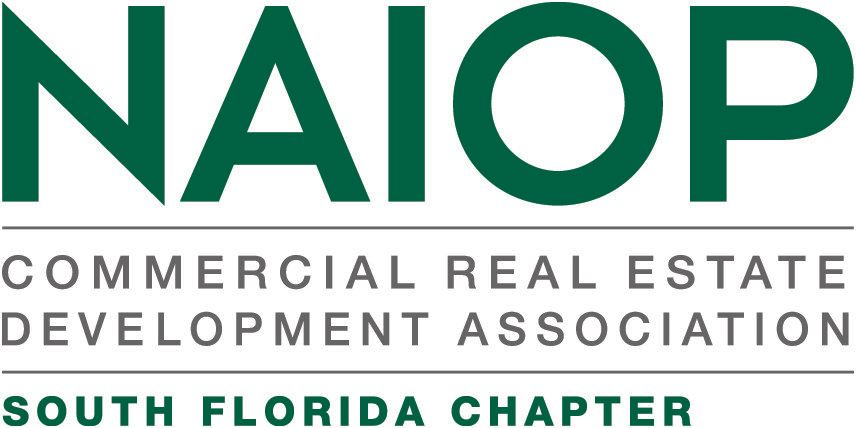Environmental budget bill criticized by DeSantis would allow speedier wetlands permitting — for a price
TALLAHASSEE, Fla. — Critics say a budget conforming bill that Gov. Ron DeSantis opposes includes questionable changes to wetlands permitting and state land conservation programs, including allowing utilities to make donations to the Florida Department of Environmental Protection for expedited permitting.
DeSantis last week opposed FL SB2508 (22R) because he says it’s being “rammed through” the legislative process and it puts the future of a reservoir south of Lake Okeechobee at risk. The full Senate is scheduled to take up its proposed 2022-23 state budget and its budget conforming bills on Thursday.
In a move that angered environmentalists and others, the measure would allow utilities and others seeking permits for projects involving "public purposes" to make donations to the Department of Environmental Protection for expedited permitting including the federal wetlands permitting.
"Florida’s jacked-up 404 [wetlands] program not getting you that permit fast enough? For a fee, you can get it quicker," said Tania Galloni, Florida's managing attorney with the Earthjustice law firm, this week.
The vexation over the proposal is also part of a broader frustration over wetlands policies. Environmental groups already are battling the state Department of Environmental Protection and the Environmental Protection Agency in federal court over the EPA's decision in 2020 allowing Florida to take over the federal wetlands permitting.
The Center for Biological Diversity, Sierra Club and other groups say the decision in the final days of the Trump administration was illegal and now puts endangered species habitat at risk. Now they say the bill language could cause destruction even faster.
The governor's office and Department of Environmental Protection this week acknowledged receiving questions but did not provide answers about the governor's stance on the wetlands permitting bill language and whether the department requested it or was consulted on it.
Senate spokesperson Katie Betta responded to questions by pointing to a section of federal law that provides for a similar expedited permitting program with the federal wetlands system.
That Senate bill language says any agreement to speed up permitting must "not affect impartial decision-making, either substantively or procedurally."
The proposed law change affecting the Department of Agriculture and Consumer Affairs would expand the Rural and Family Lands Protection Program to include actual land-buying. The program now only provides payments to agricultural landowners to not develop their land.
And the bill would allow those conservation easements to be used for mitigation banking, meaning developers could pay to improve wetlands on conservation easements for permission to destroy wetlands elsewhere.
Senators did not consult state agriculture officials on the proposed changes to the program, said Shelby Scarpa, deputy chief of staff at the Department of Agriculture and Consumer Services.
"So all we can do at this time is speculate about how the proposed changes would affect this office and the Rural and Family Lands Protection Program," Scarpa said.
The Senate has proposed $300 million for the Rural and Family program in fiscal year 2022-23, a huge increase over recent years when the program received little or no funding. But that money is tied to approval of the program changes in the controversial measure.
While Agriculture Commissioner Nikki Fried supports the Rural and Family Lands program, "She remains skeptical of the true intentions" of the increased funding, Scarpa told POLITICO, because the money would not be released until after Fried leaves office in 2023 under the Senate proposal.
Critics say the program expansion would compete with the Florida Forever land-buying program at the Department of Environmental Protection that is based on a scientific evaluation and ranking of potential new state lands.
State Sen. Ben Albritton (R-Wauchula) said the program would give FDACS the "flexibility" to buy land in a region targeted for conservation easements but where one landowner perhaps only wants to sell.
"I don't think they are competing, I really don't," Albritton told POLITICO.
The bill also would remove timber and cattle ranches as preferred acquisitions for the Rural and Family Lands program under state law.
Lindsay Cross of Florida Conservation Voters said timber and cattle ranches are preferred for conservation because they typically contain more wildlife habitat than other more intensive farm uses, such as a strawberry field.
She also argued that allowing mitigation banking to occur on protected lands would create "double-dipping" for landowners and result in less wetlands protection and restoration.
Lawmakers only held one hearing for the proposed committee bill, before the Senate Committee on Appropriations on Feb. 4.
Some critics echo the governor in saying the proposals in the bill need more public vetting.
"There are many items [in the bill] that will fundamentally change and potentially harm our conservation land programs," Cross said.
State Sen. Jeff Brandes (R-St. Petersburg) last week told the appropriations committee last that conforming bills can damage the legislative process.
"I say that as a point for some of our Senate colleagues to always be wary of conforming bills — period," he said.
But state Sen. Kelli Stargel (R-Lakeland), the Appropriations Committee chair, told reporters that the bill did not contain significant policy changes — in spite of the
arguments from bill opponents, including DeSantis, who said it does.
"We want to make sure it's properly vetted and people have an opportunity to properly discuss it," Stargel said. "I think we've been able to do that with our conforming bills."
